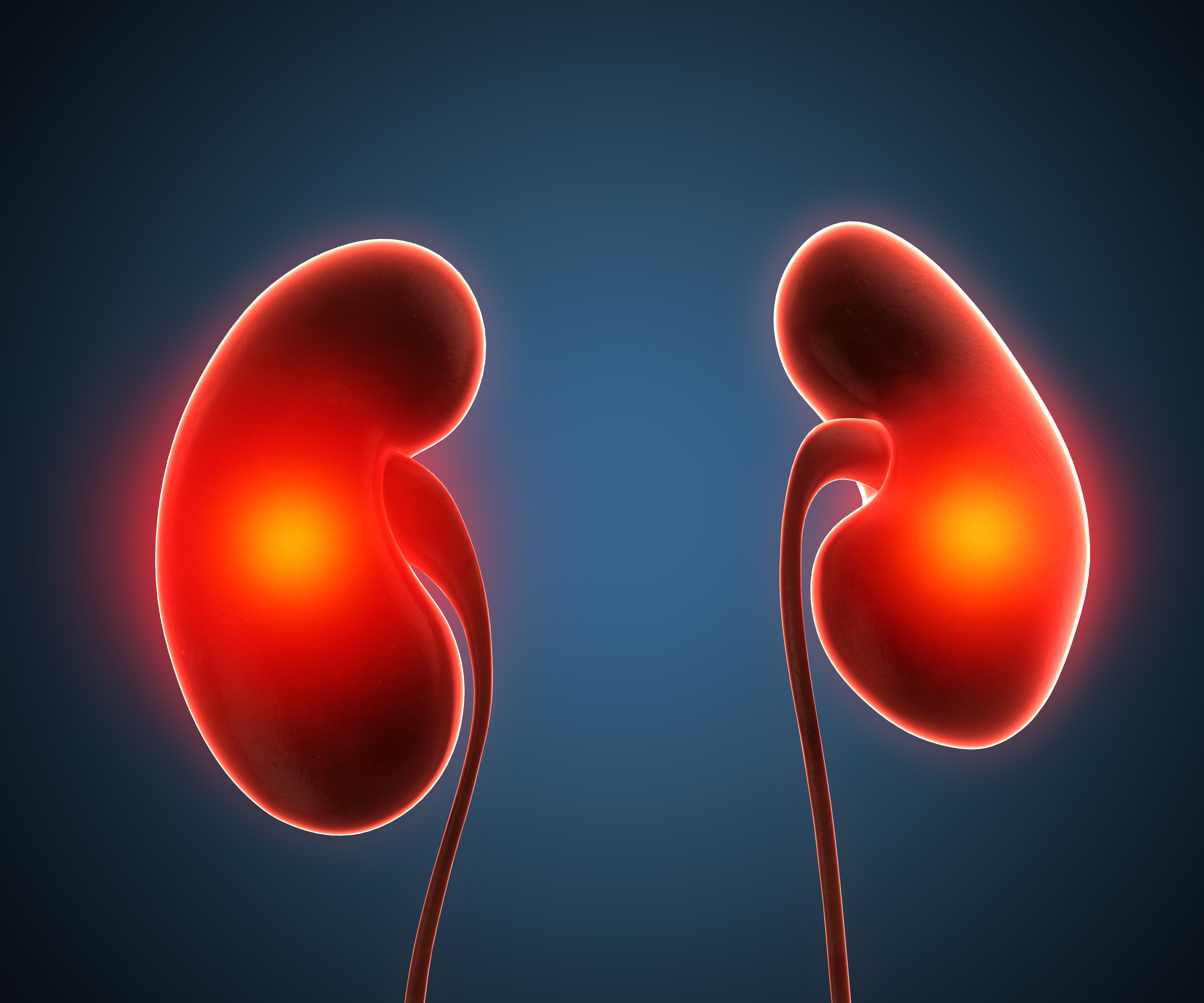Article
Urine Sampling Might Better Forecast Kidney Allograft Rejection
Author(s):
Traditional screenings for kidney allograft rejections can be expensive and invasive, highlighting the need for new methods.
Rania El Fekih, MD

Researchers are pursuing a new way to screen and identify patients who might reject kidney allografts.
A team, led by Rania El Fekih, MD, Renal Division, Transplantation Research Center, Brigham and Women’s Hospital and Children’s Hospital, Harvard Medical School, used urine samples with matched biopsy samples to isolate urinary exosomal mRNAs and developed rejection signatures on the basis of differential gene expression.
Traditional Biomarkers
Often the traditional biomarkers used to monitor a kidney allograft for rejection are late markers for injury and lack the needed sensitivity and specificity. However, allograft biopsies are invasive, but costly, showing the need for a noninvasive clinical test that can accurately diagnose kidney allograft rejections to improve allograft outcomes.
In urinary exosome, tiny vesicles released into the urine that carry parent cells’ proteins and nucleic acids, reflect the biologic function of the parent cells within the kidney, including immune cells. Urine is stable enough to make them a useful tool for liquid biopsies and a noninvasive diagnostic biomarker for kidney-transplant rejection.
The investigators used 192 of 220 urine samples with matched biopsy samples from 175 patients who underwent a clinically indicated kidney-transplant biopsy.
To assess the performance of the signatures on multiple data subsets, the investigators used cross-validation.
Findings
The investigators found an exosomal mRNA signature discriminated between biopsy samples from patients with all-cause rejection and those with no rejection. This yielded an area under the curve (AUC) of 0.93 (95% CI, 0.87-0.98), which was significantly better than the current standard of care (increase in eGFR AUC, 0.57; 95% CI, 0.49-0.65).
In addition, the exosome-based signature’s negative predictive value was 93.3% and its positive predictive value was 86.2%.
While using the same approach, the researchers identified an additional gene signature that discriminated patients with T cell-mediated rejection from those with antibody-mediated rejection (with an AUC of 0.87; 95% CI, 0.76-0.97), with a negative predictive value of 90.6% and positive predictive value of 77.8%.
“Our findings show that mRNA signatures derived from urinary exosomes represent a powerful and noninvasive tool to screen for kidney allograft rejection,” the authors wrote. “This finding has the potential to assist clinicians in therapeutic decision making.”
The Need for Advancement
Despite effort and acknowledgement, new research shows kidney transplantation has not improved much in the last 2 decades for patients with end-stage kidney failure (EKSD).
In recent decades researchers have extensively researched and promoted different policies to improve access to kidney transplants for patients with end-stage kidney disease. However, there is still wide variation in transplant referral rates existing between different dialysis facilities.
The study included 1.3 million adult patients in which the cumulative four-year WLT was 29.7%. This was unchanged over the course of 5 eras. The preemptive WLT prior to dialysis increased by era from 5.2% in 1997-2000 to 9.8% in 2013-2016.
The study, “Discovery and Validation of a Urinary Exosome mRNA Signature for the Diagnosis of Human Kidney Transplant Rejection,” was published online in the Journal of the American Society of Nephrology.




